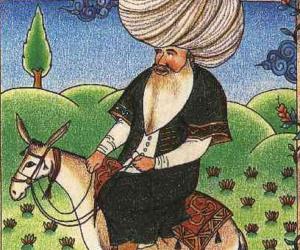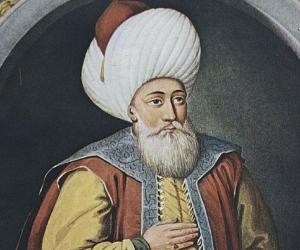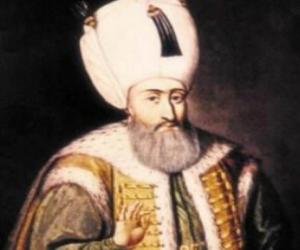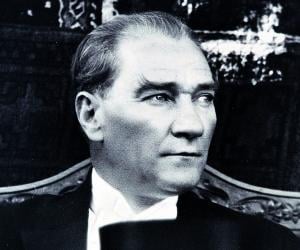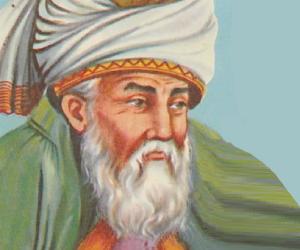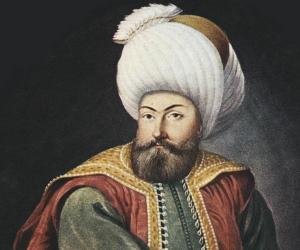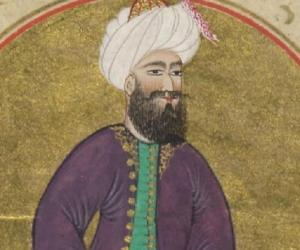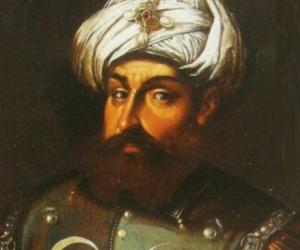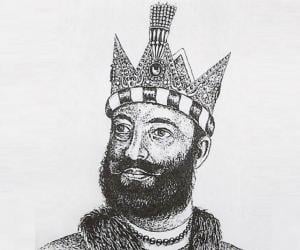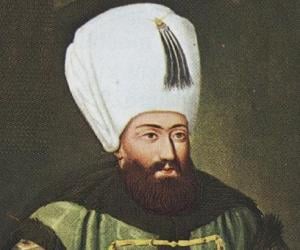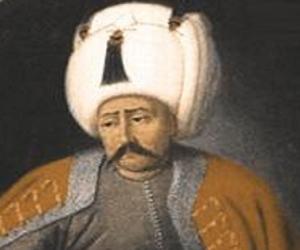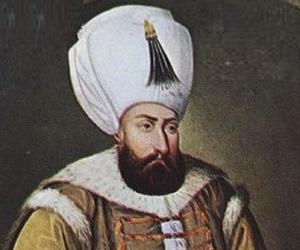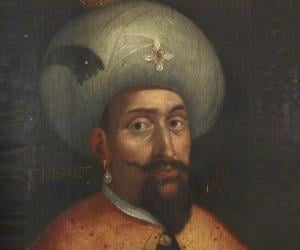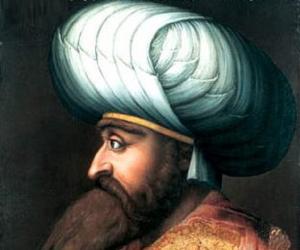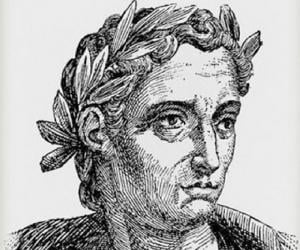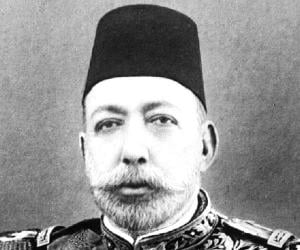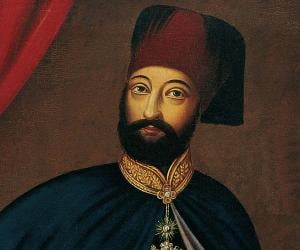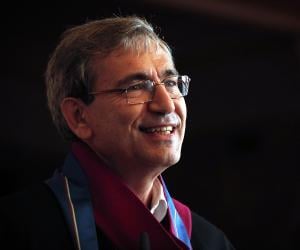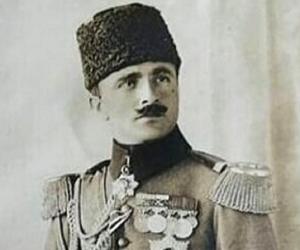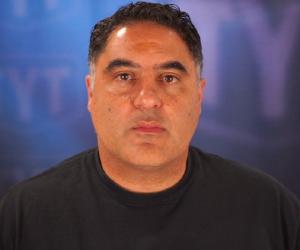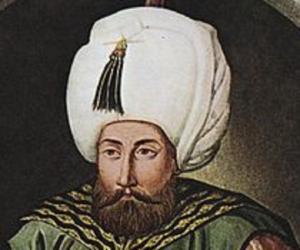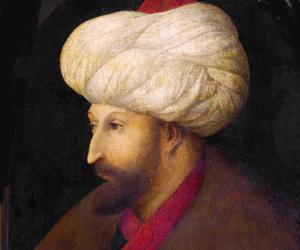
Mehmed II reigned as the Sultan of the Ottoman Empire on two separate occasions; from 1444 to 1446 and again from 1451 to 1481. During his first reign, Mehmed II defeated the military expedition led by John Hunyadi. During his second reign, Mehmed II strengthened the Ottoman navy and conquered Constantinople at age 21, which ended the Byzantine Empire.
Rumi was a Persian poet and Sufi mystic whose spiritual legacy has been attracting praises for the past 800 years! Often described as the best-selling and most popular poet in the US, Rumi's poems are widely read today in many countries. His poetry has influenced the literary traditions of many languages, such as Pashto, Urdu, Chagatai, and Ottoman Turkish.
Osman I was the founder of the Ottoman dynasty, which ruled the Ottoman Empire between 1299 and 1922. One of the most important historical figures in Turkey, Osman I is often depicted in popular culture. Interestingly, he is also one of the least documented leaders of the Ottoman Turks, making the factual information of his biographies questionable.

Mahmud of Ghazni was the sultan of the Ghaznavid Empire on two separate occasions. He first ascended the throne upon the death of his father, Mahmud, in 1030. However, he was soon overthrown by his twin brother Ma'sud I. Years later, he was reinstated as sultan but was soon executed by his nephew Maw'dud. His entire family was also killed.

Selim I reigned as the ninth Sultan of the Ottoman Empire. Although his reign lasted only eight years, Selim I is credited for the vast expansion of the Ottoman Empire; his conquest of the entire Mamluk Sultanate of Egypt is widely regarded as his best achievement. A hardworking ruler, Selim was one of the most respected emperors of the Empire.
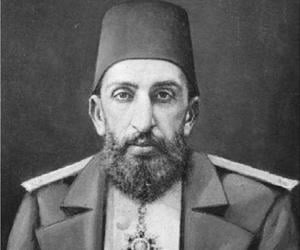


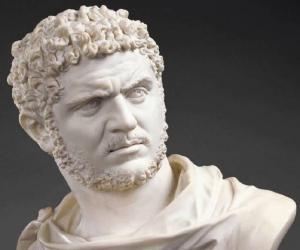
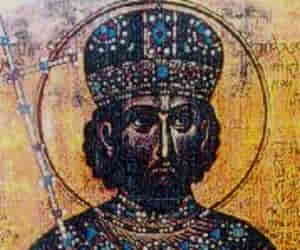
The fourth son of Emperor Manuel II, Constantine XI Palaiologos was the last Byzantine emperor. He died in combat, while defending the city of Constantinople against the Ottoman Turks. In Greek folklore, he is known as the Marble Emperor, referring to a legend that he had turned into marble after his death.
Mehmed III reigned as the Sultan of the Ottoman Empire from 16 January 1595 until his death on 22 December 1603. He is best remembered for his role in the Long Turkish War, where he successfully led his army at the all-important Battle of Keresztes. Also remembered for his diplomacy, Mehmed III established communications with the court of Elizabeth I.
Barış Arduç is a Swiss-born Turkish actor best known for his portrayal of Ömer İplikçi in the romantic drama TV series Kiralık Aşk for which he won a couple of Golden Butterfly TV Awards. Also a humanitarian, Arduç has been serving as a goodwill ambassador for an organization called Life Without Cancer Society of Turkey since 2016.

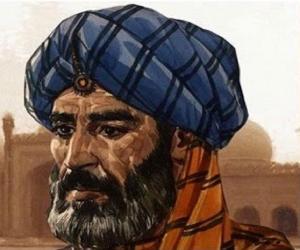
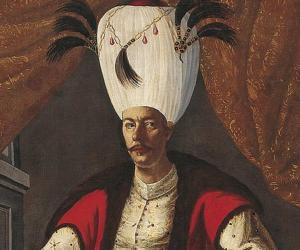
Mehmed IV reigned as the Sultan of the Ottoman Empire from 8 August 1648 to 8 November 1687. After ascending the throne at age six following the dethronement of his father in a coup, Mehmed IV went on to become the second-longest reigning emperor in the history of the Ottoman Empire after Suleiman the Magnificent.

Bayezid I reigned as the Sultan of the Ottoman Empire from 1389 to 1402. He is credited with building one of the largest armies of the world, with which he defeated the Crusaders at Nicopolis in 1396. His only defeat at the Battle of Ankara, which turned out to be fatal, became a subject for writers, painters, and composers.

Pliny the Younger was an author, lawyer, and magistrate of Ancient Rome. Although Pliny the Younger wrote several letters, only 247 of them have survived and are of great historical value as they provide an insight into the relationship between provincial governors and the imperial office at that time.
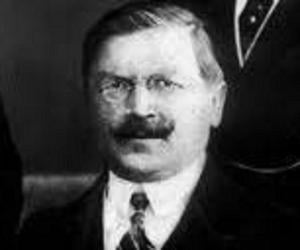
Ali Kemal was a Turkish journalist, poet, newspaper editor, government official, and liberal-leaning politician. He is best remembered for his brief service as the Minister of the Interior of the Ottoman Empire in 1919. During the Turkish War of Independence, Ali Kemal was assassinated by paramilitary officers.
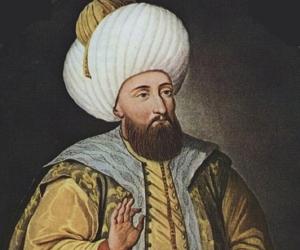

Mehmed V was the 35th and penultimate Ottoman Sultan who reigned from 1909 to 1918. One of the sons of Sultan Abdulmejid I, he succeeded his brother Abdul Hamid II after the Young Turk revolution. His reign was marked by the loss of the empire’s many territories and witnessed the Ottoman Empire’s entry into World War I.
Mahmud II reigned as the Sultan of the Ottoman Empire from 1808 to 1839. His reign was marked by the extensive military, administrative, and fiscal reforms which he initiated. The reforms that he initiated eventually led to the formation of the modern Turkish Republic. He is also credited with rebuilding a strong naval force for the empire.
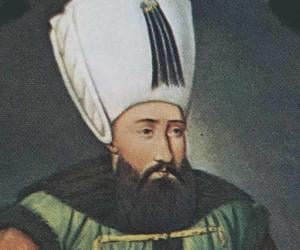
Orhan Pamuk is a Turkish novelist, screenwriter, and academic. He is the recipient of the 2006 Nobel Prize in Literature. One of the best-known writers from Turkey, he has sold over 13 million books in 63 languages. He began writing in the 1970s and is the author of several novels and non-fiction works in both English and Turkish.
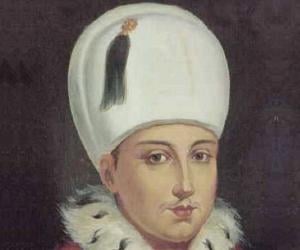
Osman II reigned as the Sultan of the Ottoman Empire from 1618 until his regicide in 1622. Despite becoming the emperor at the young age of 14, Osman II sought to exercise his powers as a ruler. Renowned for his bravery, Osman II led the Ottoman campaign against Sigismund III, the King of Poland, during the Moldavian Magnate Wars.
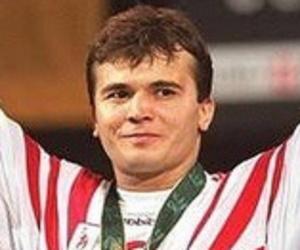
Nicknamed The Pocket Hercules for his 4’10” frame, Bulgarian weightlifter Naim Suleymanoglu was one of the world’s greatest in the sport. While he initially won 2 World Championships for Bulgaria, he later won 3 Olympic gold medals and 5 World Championships for Turkey. He has also joined the Nationalist Movement Party.
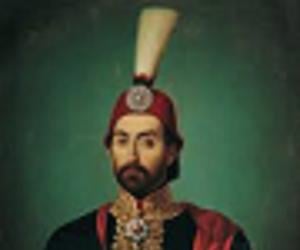
Abdülmecid I reigned as the Sultan of the Ottoman Empire from 2 July 1839 until his death on 25 June 1861. During his reign, Abdülmecid I tried to set up alliances with France and the United Kingdom. He also played an important role in the Crimean War against the Russians.
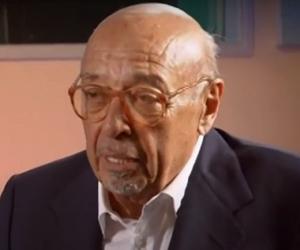
Hamdi Ulukaya is a Turkish businessman, activist, and philanthropist. He is the founder, owner, chairman, and CEO of Chobani, a company specializing in strained yogurt. Born in Turkey, he immigrated to US as a young man and established his yogurt empire there with no prior experience in the yogurt business. He is also known for donating generously to various causes.

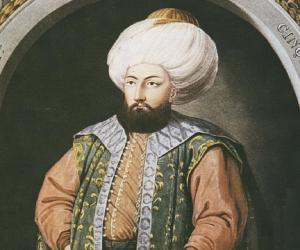
Mehmed I reigned as the Sultan of the Ottoman Empire from 5 July 1413 until his death on 26 May 1421. Prior to his reign as the emperor of the Ottoman Empire, Mehmed I ruled as the Sultan of Anatolia from 1403 to 1413. Nicknamed The Restorer, Mehmed I is credited with re-establishing central authority in Anatolia.
Cenk Uygur is a Turkish-American journalist, attorney, media host, and political commentator. He is credited with creating a commentary and sociopolitical news program titled The Young Turks (TYT). He is also credited with co-founding Justice Democrats, a progressive political action committee in the United States.


Known as a generous Ottoman monarch, Selim II was the successor of the empire’s longest-reigning sultan, Suleiman I. His reign saw his navy decisively defeated by the Holy League in the Battle of Lepanto before the Ottomans regained control of Tunis from Spain. Selim, who was married to Nurbanu Sultan, was noted for helping his subjects during a severe famine.

